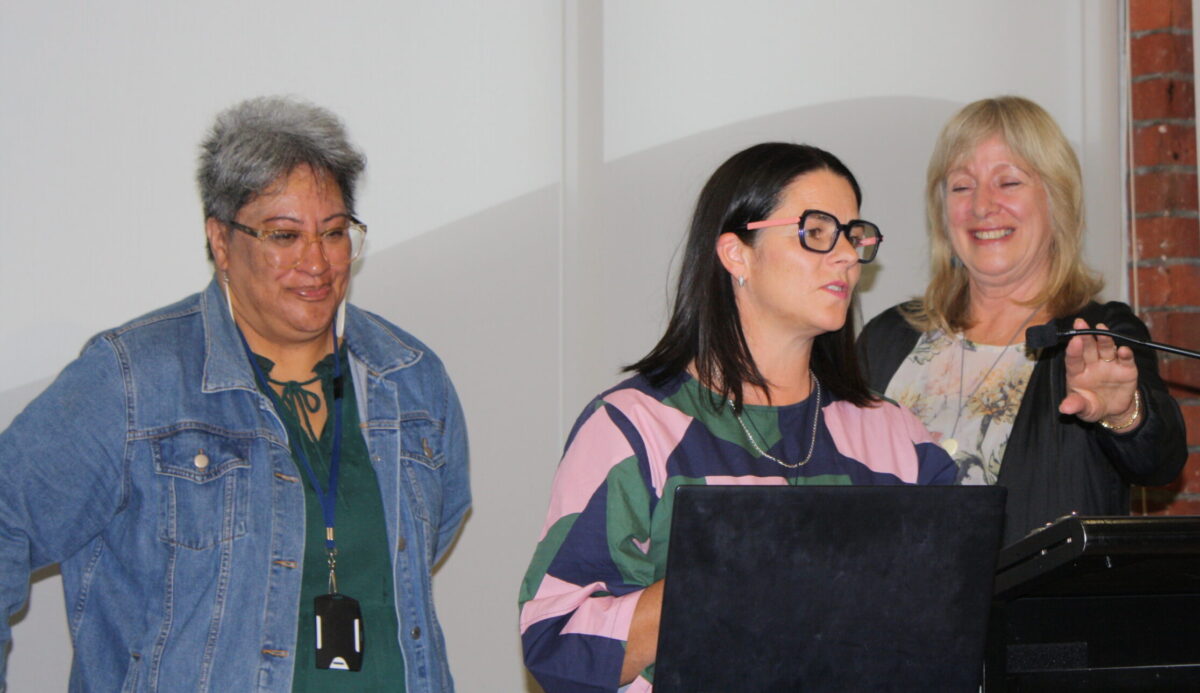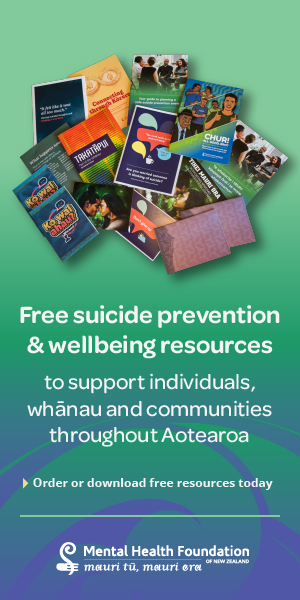Competency assessment programmes (CAPs) and clinical placements are being dumped as part of changes to speed up the registration process for overseas nurses wanting to work in New Zealand.
And they only need to have practised for 1800 hours as registered nurses (RNs), instead of the 2500 hours previously required within a five-year time span.
‘We wanted clear pathways . . . We wanted to be cost-effective, clear and transparent.’
Nursing Council director of professional standards Angela Joseph says the new rules would see a less burdensome and more “timely”, fair and transparent process. They would also be more consistent with overseas countries which had similar nursing standards (such as the United Kingdom, United States, Ireland, Singapore and Canada, according to the council’s self-assessment tool for IQNs), she said.
“We wanted clear pathways . . . We wanted to be cost-effective, clear and transparent,” she told NZNO’s recent college and section day.
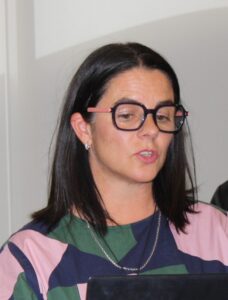
Instead of a CAP, internationally-qualified nurses (IQNs) must now complete a new and free online ‘Welcome to Aotearoa‘ course which introduces te Tiriti of Waitangi and culturally safe nursing care.
IQNs may also need to pass an online RN theory and in-person practical exam, if directed by the council, depending on their country of training and experience.
The practical exam would be a three-hour objective structured clinical exam (OSCE) held in-person at the Nurse Maude simulation centre in Christchurch. The online theory exam could be taken at a Pearson VUE test centre either overseas or in New Zealand
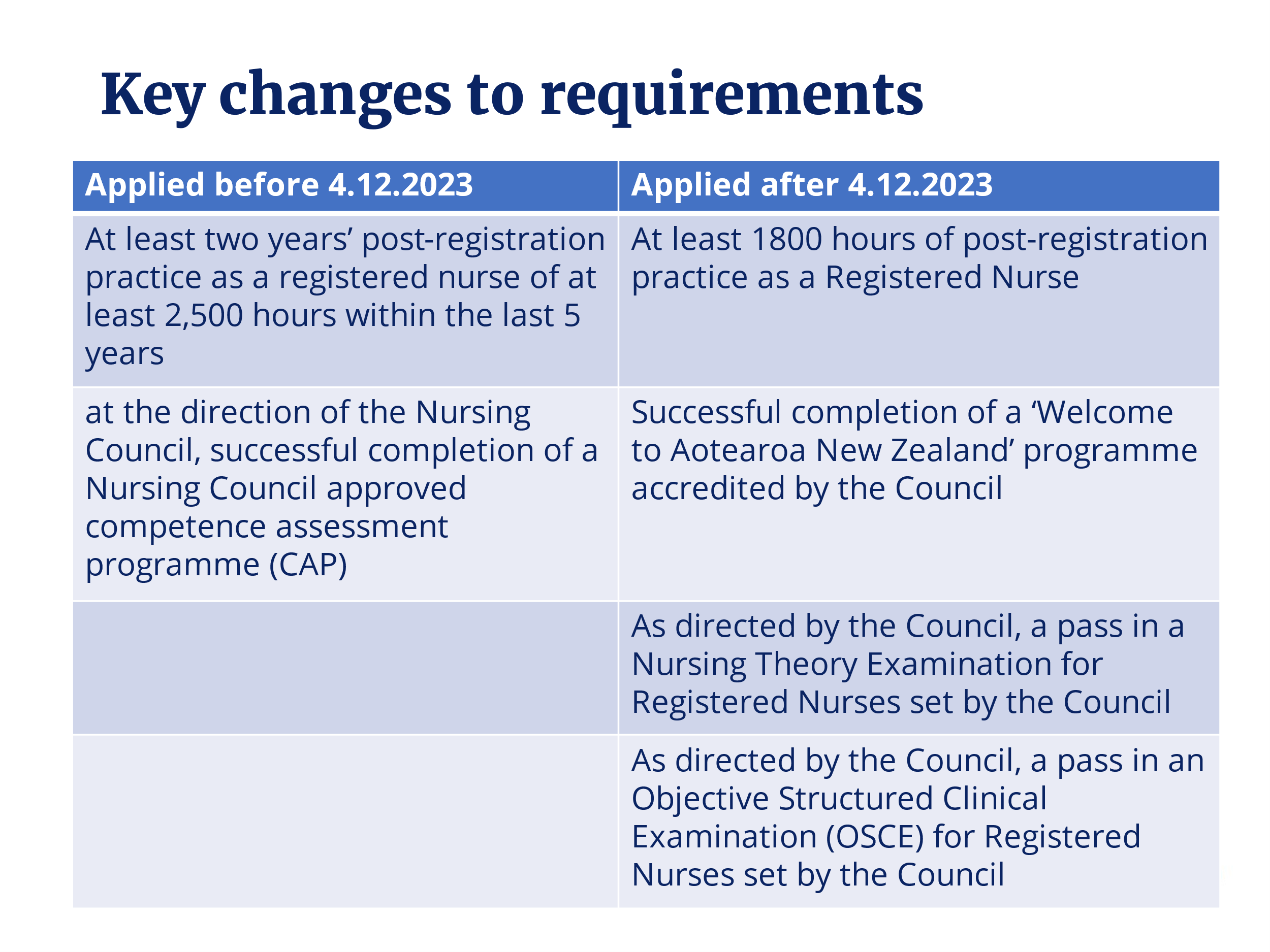
Joseph said the council wanted to bring in more supportive pathways used overseas while still ensuring safety standards were met.
The changes were gazetted (legal notice given) on December 4, 2023. However for the next 18 months both systems would be running as the council transitioned to the new IQN registration system by mid-2025, Joseph said.
Those who applied after December 4, 2023, must follow the new rules — while for those who applied before then the old rules still apply.
Online cultural safety ‘not enough’
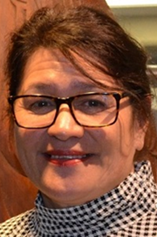
Kaiwhakahaere Kerri Nuku said she was concerned that an online cultural competency introduction would not be enough, compared to time spent on the floor on CAP placements with guidance from locally-trained nurses.
“You can’t appreciate nor learn [about a culture] off a computer examination.”
‘It doesn’t give them hands on, actual experience of things like culture.’
Overseas-trained nurses unsure about changes
NZNO delegate Shivani Swreta, who came from Fiji two years ago, said it was unclear what impact the new rules would have, as the new online and practical tests might be challenging for some IQNs.
“What we practise back home is totally different to New Zealand,” she told Kaitiaki. “Back home, it’s all hand-written . . . so all these types of software, it’s totally new to us. I’m not sure if they’re doing it online, if they’ll be able to pass or not.”
And in practical nursing, some things were done “a bit differently” in New Zealand, she said. “I’m not sure if they’re expecting if I go in and do my OSCE and I don’t do things how it is expected to be done here in NZ, will I fail? I don’t know.”

Swreta — who now supports new IQNs in her workplace — said it was a “total culture shock” moving here.
However, her CAP facilitator and employer were very supportive, including teaching her about te Tiriti.
However, she had now noticed the job market for IQNs was increasingly tight, with employers preferring nurses with New Zealand experience.
“They won’t be able to get New Zealand experience unless and until you give them a chance.”
Cherian said he too was aware of difficulties finding work for IQNs in New Zealand, even post-registration.
Any short cuts on cultural safety training for IQNs — who make up nearly half the nursing workforce — would further disadvantage Māori and Pasifika population, she said.
Manawatū nurse IQN Saju Cherian, who trained in India, also doubted a one-off online te Tiriti course, nursing theory course and simulated practical [OSCE] would be enough for IQNs to acclimatise to New Zealand culturally and clinically, compared to the six-week placement that was part of CAPs.
“It doesn’t give them hands on, actual experience of things like culture,” he told Kaitiaki. “The six-week placement was like pastoral care that was giving them a bit more information about New Zealand, to know the people here, the language here and the culture here. but now after three hours of this OSCE, they’re straight into a job — I don’t think it’s going to give them enough support.”

The IQN pathway changes were signalled in 2022 as a bid to ease barriers and boost the cultural competency of IQNs by moving away from checking qualifications and focusing on assessing their competence.
The council also eased its English language standards for IQNs slightly in 2022, in a bid to reduce “unnecessary barriers”, its chief executive Catherine Byrne said at the time.
Nursing Council December data shows IQNs now make up 45.5 per cent of New Zealand’s nursing workforce.
‘The six-week placement was like pastoral care that was giving them a bit more information about New Zealand.’
Cherian, who is an NZNO board member, said there was a “huge” backlog of IQNs waiting for registration and confusion around the different pathways, with a mixture of OSCEs and CAPs being offered to some.
Joseph said she could not provide figures for how many IQNs were waiting for registration by deadline. However, its website advises a wait of “at least” five months for IQN applications.
CAP courses range from six to 12 weeks and include clinical placements as well as cultural safety elements.
Education standard changes
The council had also approved new te Tiriti-focused amendments to education standards in the bachelor of nursing (BN) and enrolled nurse (EN) training with some “minor changes”, Nursing Council projects leader Jane MacGeorge said.
They included:
- Retaining current minimum clinical hours of 1100 in the BN programme (instead of dropping them to 1000 as proposed).
- A minimum of 700 clinical hours for EN training — but up to 900 clinical hours if required. Previously, they were all required to complete 900 clinical hours (with simulation comprising no more than 200 of those hours). There are no longer any specific restrictions on how many of those could be simulation.
Details can be found here.
Nurse competency changes
The Nursing Council is likely to shifts its focus to five or six pou, or domains, as it sets new competency requirements for registered nurses (RNs) and enrolled nurses (ENs) later this year, MacGeorge told colleges and section members at their conference.
“The thinking is we’ll probably move towards telling a narrative around the pou.”
Consultation on the proposed changes had drawn the biggest response she had seen, with 2800 responses including 103 from collectives or groups such as NZNO.
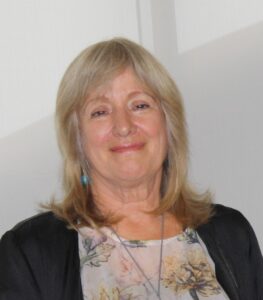
MacGeorge said nursing was a “complex” profession. “We need to reflect the breadth of knowledge and skills and attributes for safe care — we don’t want to dumb it down.”
But while feedback had been positive about the focus on te Tiriti, MacGeorge acknowledged concern over the high number of proposed competencies, particularly for RNs — 41 compared to four that exist currently.
The feedback was now being analysed by an external company, with further consultation expected in June, ahead of them being finalised in August.
MacGeorge said the council had heard the concern from nurses and through NZNO’s submission about the burden of having to provide evidence against 41 competencies, and was considering focusing more on the six (RN) or five (EN) pou, or domains, instead.
“This is a tremendous opportunity for nursing now, and into the future, to really describe what those scopes are.”
The nursing code of conduct and continuing competency requirements would also be reviewed, to align with the new competencies once they were finalised, she said.
Nursing Council kaiwhakahaere Waikura Kamo said te Tiriti o Waitangi and a partnership approach between tāngata whenua and non-Māori underpinned “everything” the Nursing Council was doing.


